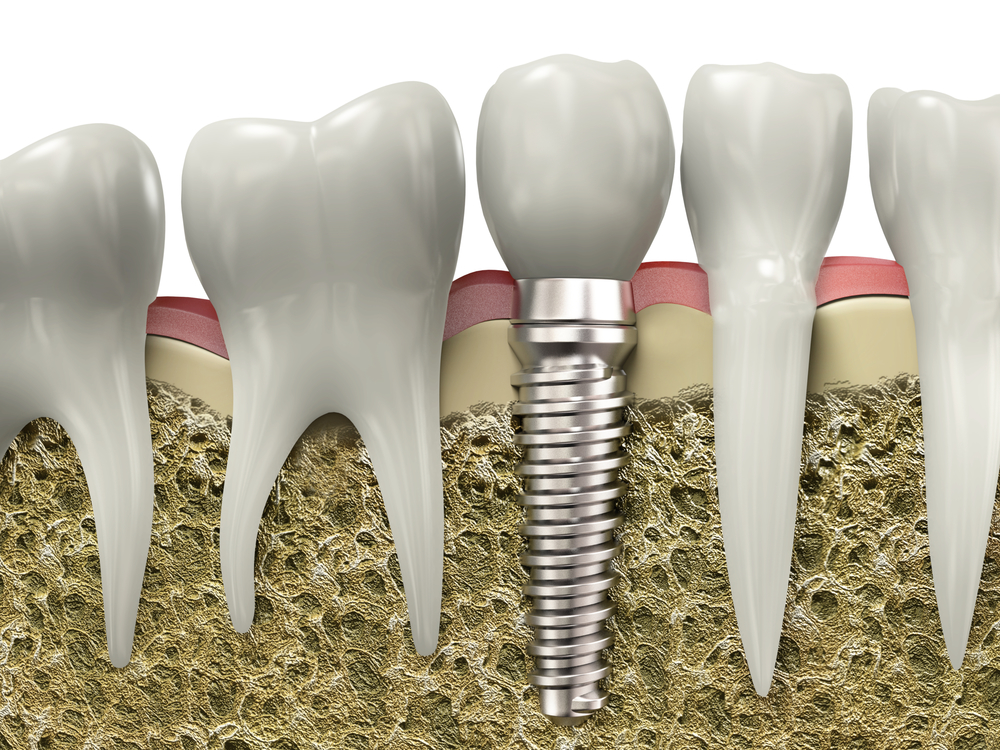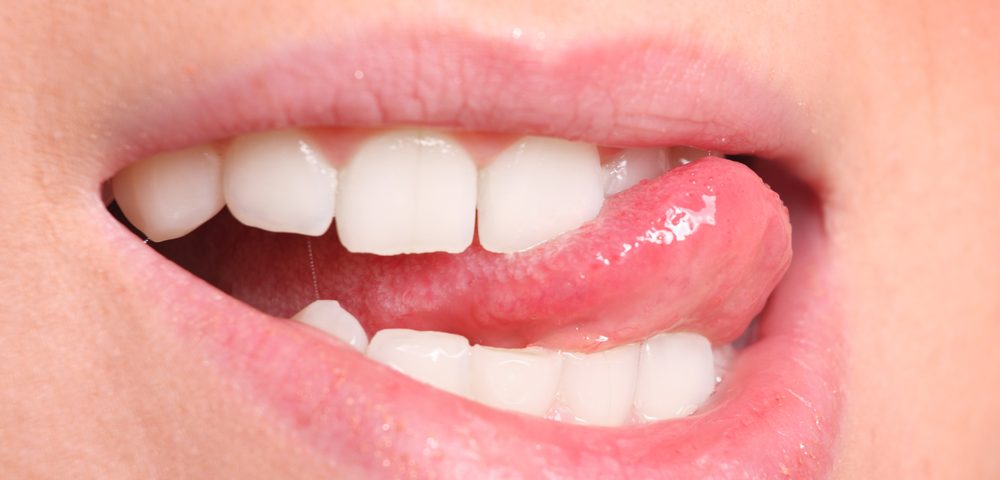
Lost a Tooth? Replace it With a Dental Implant
July 27, 2018
Dental Veneers = Instant Smile Makeover!
August 17, 2018Most of us rarely think about saliva unless a few drops land on us while talking with a friend or we experience a dry mouth and realize how necessary and important it is. However, it may surprise you to know that saliva has been used to diagnose medical issues for over 2,000 years. It’s vital to your overall health and daily function and is full of healing properties. Read on to learn some fun facts about your saliva.
If you’re looking for a general dentist in Grant Park, call Dr. Abbey Lee in Atlanta, GA for an appointment.
What is saliva?
Saliva is a mixture of liquid in our mouths made by the salivary glands. Three pairs of salivary glands are located in the cheeks, tongue, lips, and other areas of the mouth. The liquid they create contains 98 percent water, and the remaining 2 percent consists of approximately 60 essential and protective components. This mixture includes minerals, glycoproteins, mucus, digestive enzymes, antibacterial and antibiotic compounds, immunoglobulins, buffers, and electrolytes.
Our salivary glands produce and secrete three types of saliva:
- Serous – A watery form of saliva
- Mucus – This form of saliva is thick in texture
- Mixed – A combination of serous and mucous saliva
Each set of salivary glands each produces a different type of saliva, and together they contribute to the 1.5 liters of fluid we feel in our mouths every day. Saliva plays such a significant role in maintaining oral health that when the production and flow are reduced, oral health problems and severe infections can occur.
How does saliva benefit your health?
During our day-to-day activities and even sleep, there is a small yet powerful and continuous flow of saliva. It forms a layer of film in our mouths that covers, lubricates, and moisturizes the oral tissues. It has three primary functions:
- Protects the oral and peri-oral tissues
- Lubricates the mouth
- Degrades bacteria and inhibits its growth
- Dilutes sugar after eating and drinking
- Neutralizes acid production
- Controls plaque pH and acts as a buffer to the body
- Repairs tissue
- Assists with eating and speaking
- Makes eating, chewing, and swallowing food a pleasant and enjoyable experience
- Enzymes break down food for easier digestion
- Taste of food is enhanced
- Lubricates moving oral tissues to speak without difficulty
- Assists with diagnostic testing
- Hormonal balances to identify steroids and sex hormones
- Bacterial, yeast, and viral counts
What happens when you don’t produce enough saliva?
Chronic dry mouth can quickly lead to tooth decay, oral lesions, and other oral diseases that can have a negative impact on your quality of life. When salivary glands are no longer working correctly, and the production of saliva has diminished, teeth are more susceptible to decay. In a healthy mouth, saliva works quickly to neutralize the acids in foods and drinks, to stop the erosion of tooth enamel. It also fights decay and gum disease while preventing the build-up of microorganisms in the mouth, due to its antibacterial and antibiotic properties. Problems begin to set in as dry mouth persists.
Additional chronic dry mouth conditions include:
- Painful, jumbled, and difficult speech
- Inability to produce certain sounds while singing
- Bland taste to food
- Significant denture problems
- Inability to properly digest food
Contact Us
If you suffer from dry mouth, let us know. We will schedule a consultation with you to determine the cause and create a plan of treatment designed specifically for your needs. You can reach us online here or call our Grant Park dental office in Atlanta, GA at 404-328-7177.


